News
26. October 2018, Topic: Aquatic Ecotoxicology , Sediment Ecotoxicology , Risk Assessment
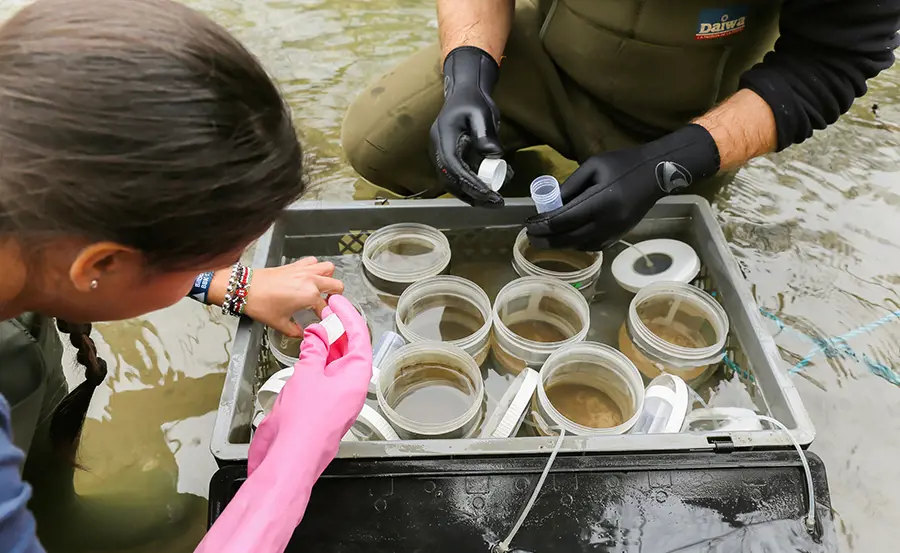
Environmental monitoring with bioassays
Bioassays as methods for the assessment of water and sediment quality are gaining more and more acceptance. In June 2018, more than 90 experts from public authorities, the private sector and science accepted the invitation of the Ecotox Centre to a two-day symposium on this topic.
Read more25. October 2018, Topic: Aquatic Ecotoxicology , Soil Ecotoxicology , Sediment Ecotoxicology , Risk Assessment
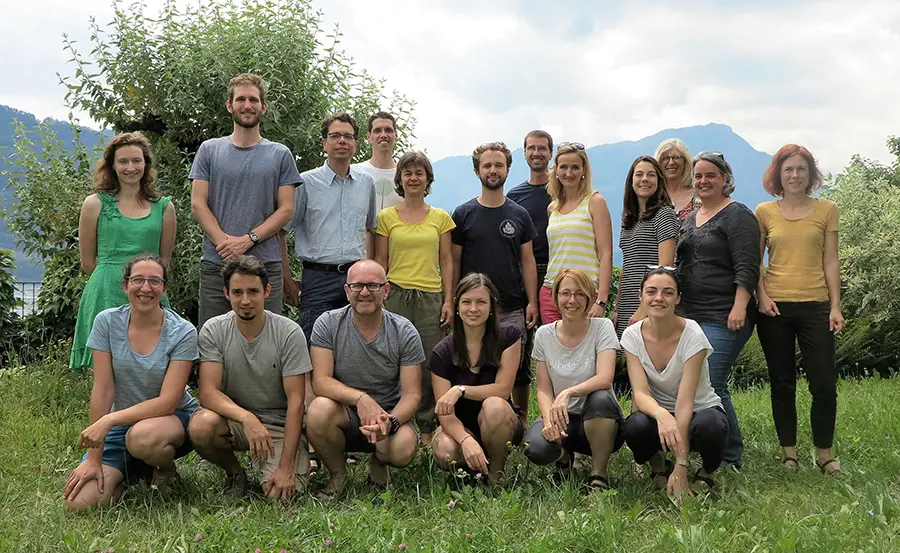
10 years committed to ecotoxicology
The Ecotox Centre has helped to establish ecotoxicological methods to assess environmental quality in Switzerland. The Centre was also involved in the extension of wastewater treatment plants to remove micropollutants and the introduction of effect-based threshold values for pollutants in surface waters.
Read more24. October 2018, Topic: Aquatic Ecotoxicology , Soil Ecotoxicology , Sediment Ecotoxicology , Risk Assessment

10 Years Ecotox Centre
Yesterday, the Ecotox Centre Eawag-EPFL celebrated its tenth anniversary in the City Hall of Berne. Around 80 guests from politics, administration, science, and practice toasted the successful establishment of the Centre and the milestones achieved over the past 10 years.
Read more23. October 2018, Topic: Aquatic Ecotoxicology , Soil Ecotoxicology , Sediment Ecotoxicology , Risk Assessment

Two new faces at the Ecotox Centre
In September 2018 we have welcomed two new collaborators at the Ecotoxic Centre: Ali Kizgin and Marcelo Gryczak.
Read more22. October 2018, Topic: Sediment Ecotoxicology
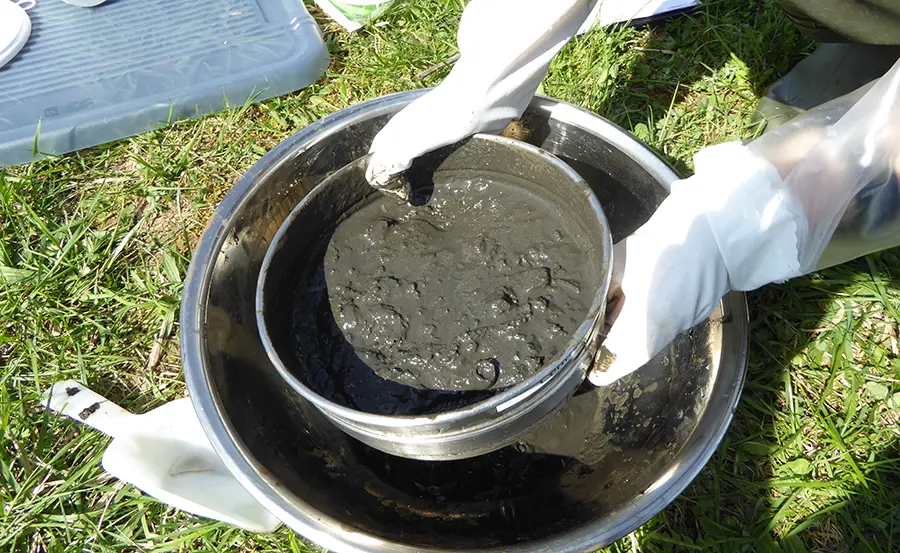
Sediment monitoring in NAWA SPEZ 2018
The Ecotox Centre investigates at 18 field sites how the analysis of pollutants is influenced by the particle size fraction and how this information can be integrated into risk assessment. In addition, the centre examines the sediment samples with various bioassays to measure their ecotoxicity.
Read more19. October 2018, Topic: Soil Ecotoxicology
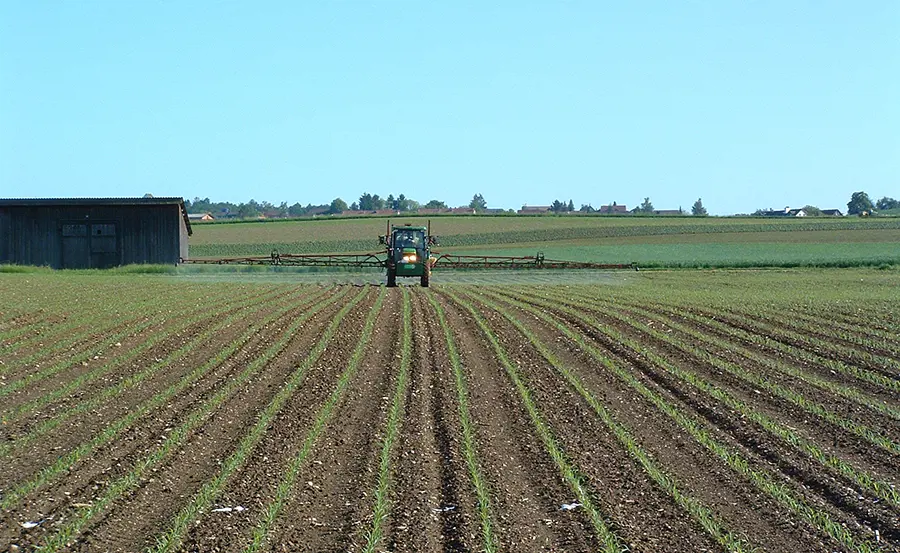
Monitoring concept for plant protection products in soils
As part of the new federal action plan for risk reduction and the sustainable use of plant protection products (PPP), the environmental risks posed by PPP are to be halved by 2027. In order to achieve this goal for Swiss soils, a monitoring concept for PPP residues needs to be developed.
Read more28. September 2018, Topic: Aquatic Ecotoxicology , Risk Assessment
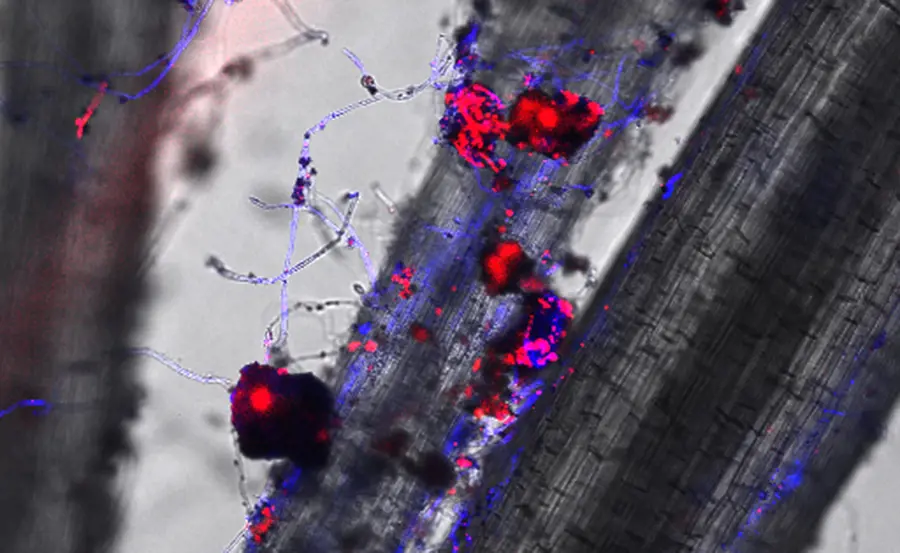
Risk assessment of fungi is important
Freshwater fungi play an important role in freshwater ecosystems and should be considered in the risk assessment of fungicides.
Read more31. August 2018, Topic: Aquatic Ecotoxicology
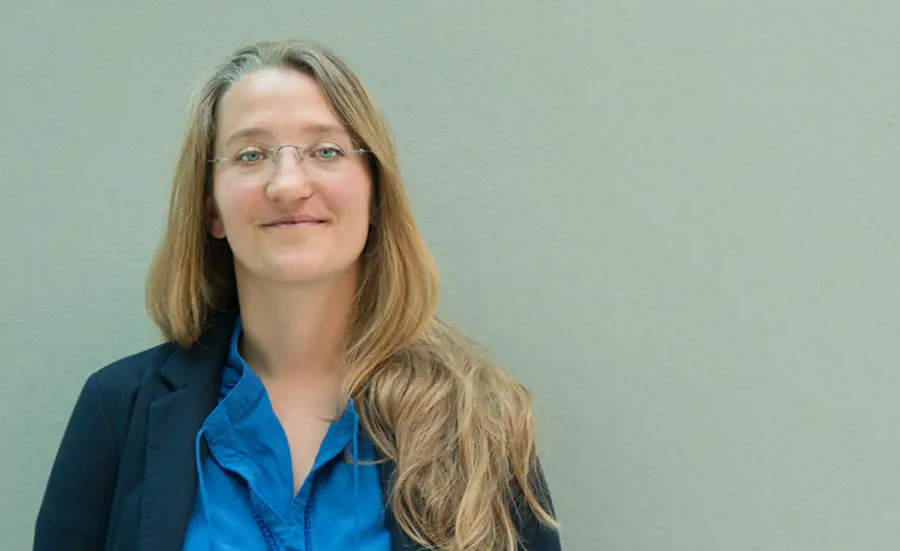
Miriam Langer new professor at the School of Life Sciences FHNW
On September 1, Ecotox Centre employee Miriam Langer will start as Professor of Applied Ecotoxicology at the University of Applied Sciences FHNW’s new Muttenz Campus.
Read more30. July 2018, Topic:
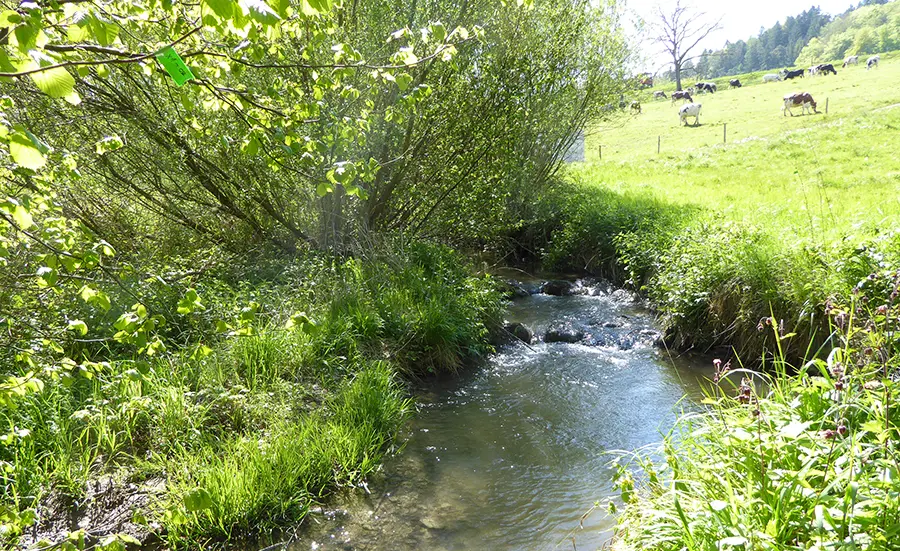
New overview report on endocrine disruptors
The Ecotox Centre has contributed to a report on endocrine disruptors by the International Panel on Chemical Pollution (IPCP).
Read more20. July 2018, Topic: Aquatic Ecotoxicology , Soil Ecotoxicology , Sediment Ecotoxicology , Risk Assessment
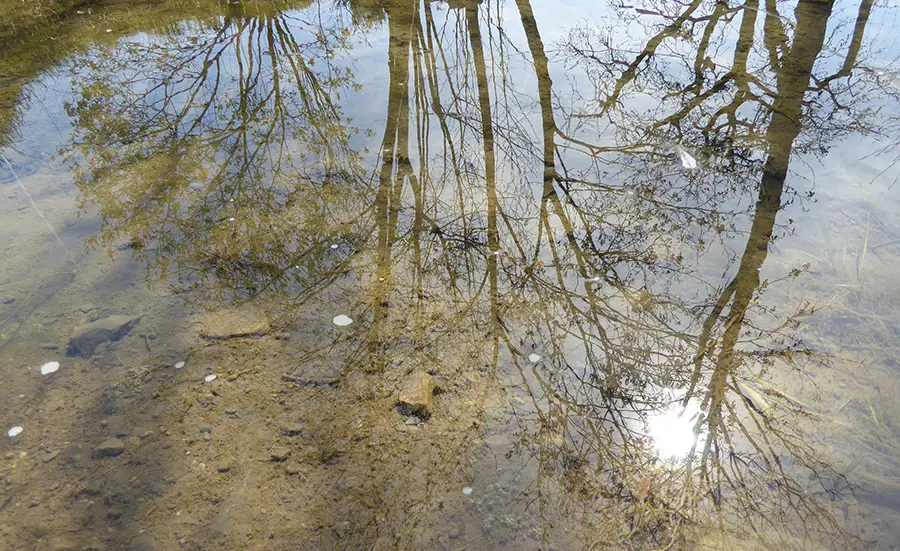
Scientists identify most pressing issues posed by chemicals in the environment
Scientists have identified 22 key research questions surrounding the risks associated with chemicals in the environment across Europe.
Read more